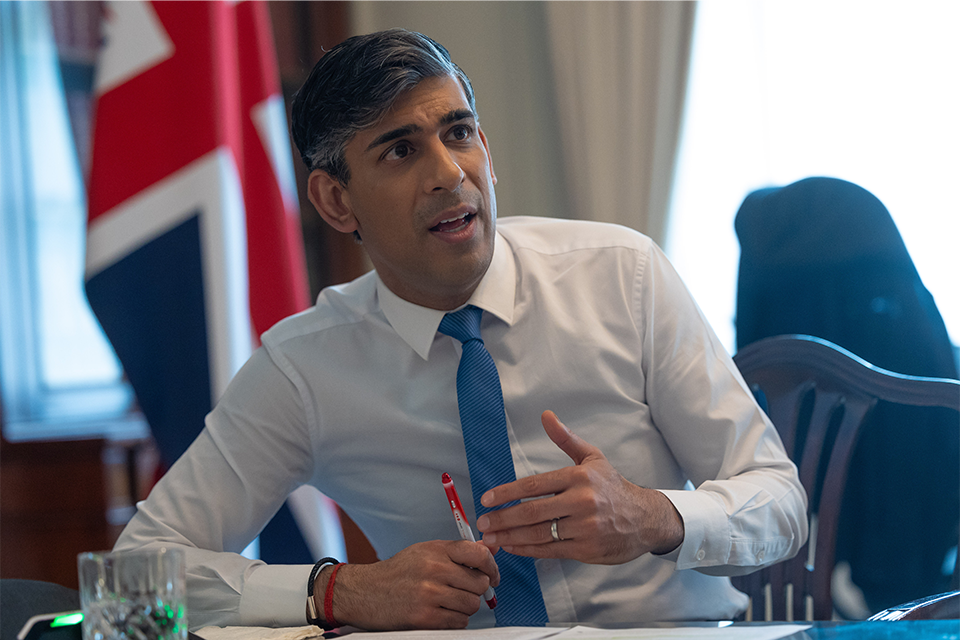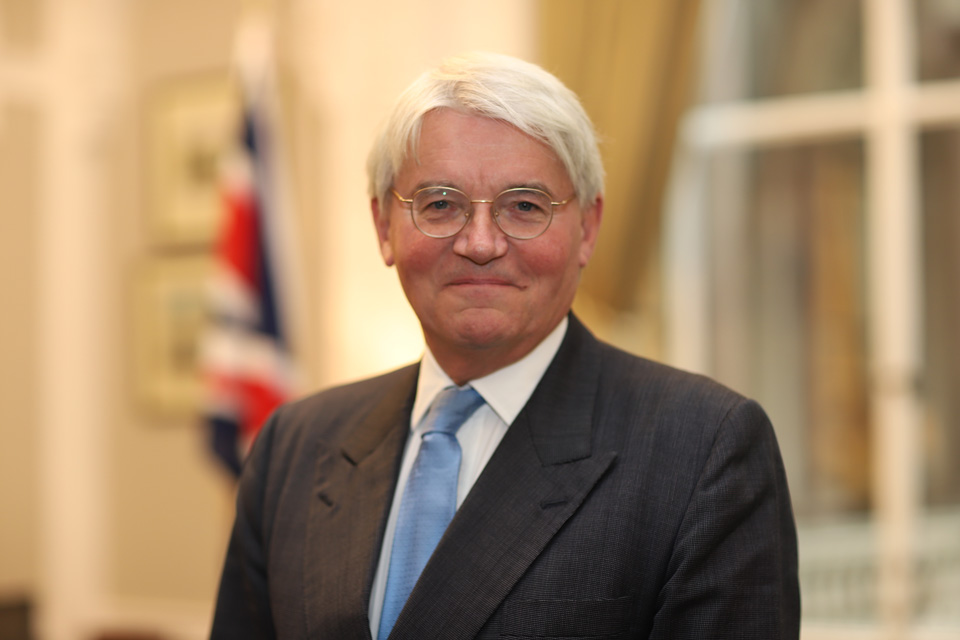Badenoch statement on WTO Ministerial Conference
The 13th World Trade Organization (WTO) Ministerial Conference (MC13) took place this week in Abu Dhabi.
Business and Trade Secretary Kemi Badenoch and Minister of State for Trade Policy Greg Hands MP led the UK delegation, alongside UK Permanent Representative to the WTO Simon Manley.
The WTO sets the rules that govern how countries trade with one another – from the tariff a country applies on watches and buses to the extent to which a country can subsidise its own industries.
MC13 saw the world’s trade ministers come together to discuss the most pressing challenges facing global trade and agree a way forward. The conference started on Monday 26th February and closed in the early hours of the morning of Saturday 2nd March with agreements to:
- Protect tariff-free digital trade
- Help developing countries reap the benefits of free trade, and
- Redouble efforts to establish a fully-functioning dispute settlement mechanism by the end of this year
Commenting after the conclusion of the conference, the Business and Trade Secretary said:
“I want to thank everyone who has worked so hard at MC13, particularly the UK team, our Emirati hosts, and the WTO Director General.
“I saw first-hand how delegates worked around the clock to try to get the outcomes for business and consumers. I am proud of the active and constructive role the UK played, bringing people together, showing flexibility, and brokering results.
“While we didn’t achieve everything we wanted, we secured important agreements to protect tariff-free digital trade and help the least developed countries to benefit from free and open trade.
“Anything agreed at the WTO requires consensus from all 164 members – that is by definition extremely challenging. But by getting the deals we have, we have shown the WTO is a critical, albeit imperfect, part of the global trading system that helps economies thrive.
“The UK’s primary objective for this conference was to ensure digital trade remains tariff-free – to guarantee small businesses are not taxed for having an international conference call and consumers do not pay extra to stream songs or films from other countries.
“I am pleased the WTO agreed to extend the e-commerce moratorium – a global agreement that avoids taxes on online transactions from e-mails to music or TV downloads, for two more years. The decision will provide businesses of all sizes with the certainty they need to grow and keep costs down for consumers everywhere.
“The UK still firmly believes the WTO should extend the moratorium permanently and will continue to make for the case for that.
“One area this conference has undoubtedly seen great success is in helping developing countries reap the benefits of free trade. The UK has been a key driver on this issue, and I am proud of what we have helped to deliver.
“We secured a change to WTO rules to allow countries graduating from ‘least developed country’ to ‘developed country’ status to apply the rule changes that entails gradually, rather than all at once – making it easier to reap the benefits of free and fair trade.
“We celebrated the accessions of two new countries to the WTO – Comoros and Timor Leste – giving them all the economic benefits WTO membership brings with it.
“And we completed the Investment Facilitation for Development Agreement (IFDA), which will commit its 127 signatories to practical steps which will make it easier for companies to invest in their country – from cutting red tape, to providing a one-stop-shop for investors to communicate with government, to creating a single website investors can go to for information.
“If implemented fully, research suggests the Agreement could increase global GDP by up to 1% in the long run, with developing countries in particular set to benefit.
“While we’re disappointed the IFDA was not adopted into the WTO’s legal framework, this MC13 is an important step forward and we will keep working to make that happen.
“The UK firmly believes the WTO should have a fully-functioning dispute settlement system so countries can defend themselves from governments who don’t play by the rules and protect their industries, jobs and communities.
“We have agreed at MC13 to redouble efforts to reestablish a full-functioning system by the end of this year. It is crucial that we now live up to and deliver on that commitment.
“But despite huge efforts we have failed to reach agreement to address harmful subsidies that lead to overfishing, reform agriculture, or stop countries restricting the export of food to the most vulnerable countries. These issues are not going away, and the UK will continue to press for reform.
“Negotiations have been tough, and outcomes mixed, but the UK is not giving up on the WTO. More than a billion people have been lifted out of extreme poverty since 1990. Free and open trade has played a crucial role in that. It’s worth fighting for, even when it’s hard.
“The onus is now on all WTO members to take what has been agreed at MC13 and build on it, straight away and before the next Ministerial Conference, MC14. So let’s get on with it.”



